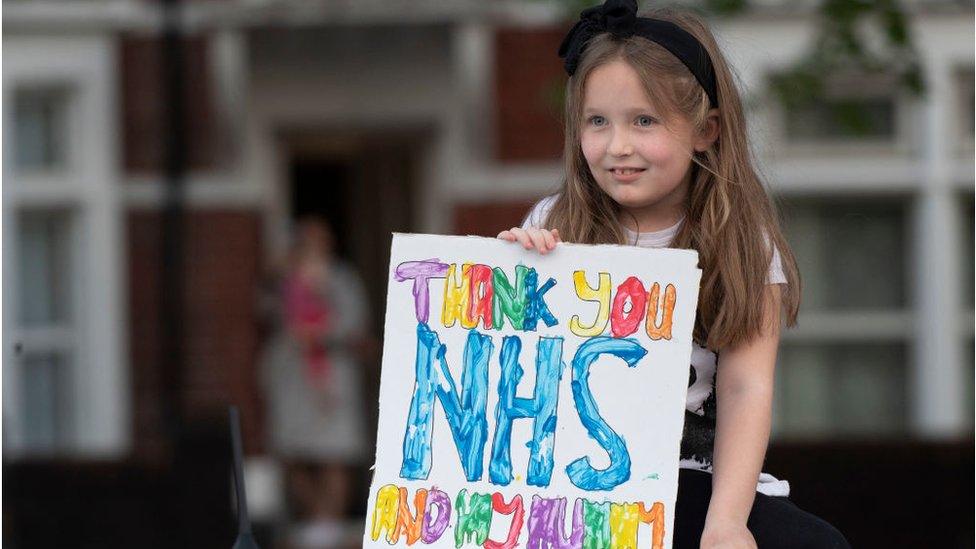London will move into tier three on Wednesday
- Published
- comments
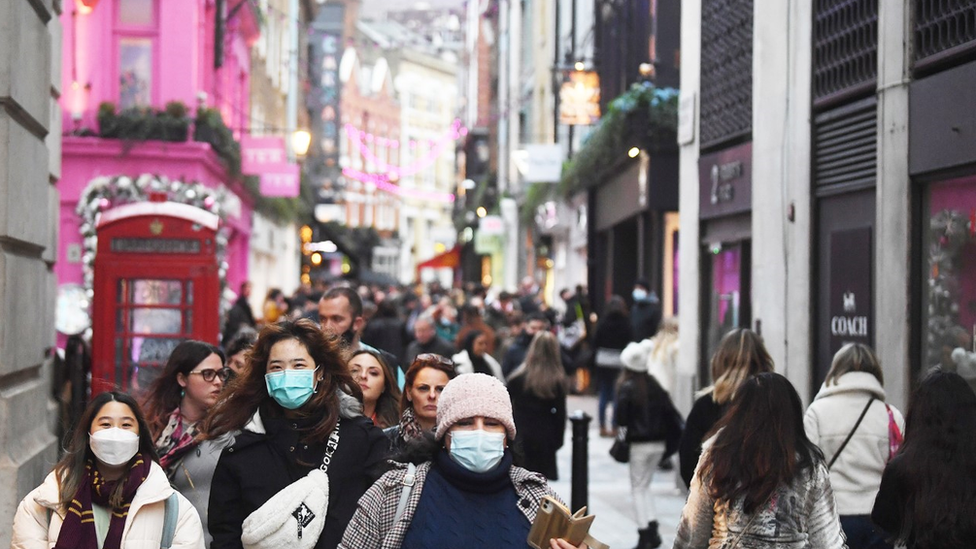
London will move into tier three - the highest level of coronavirus restrictions in England - from midnight on Wednesday, affecting around 10 million people.
The tougher rules will also apply to parts of Essex and Hertfordshire. The areas are currently in tier two and are being 'moved up' because of a "sharp rise" in coronavirus cases.
Health Secretary Matt Hancock gave an update to MPs in the House of Commons on Monday afternoon. He said "we must act now" and explained that the action was important to help keep people safe.
The decision has been taken ahead of Wednesday which was when England's tier system was due to be reviewed.
WATCH: BBC Health Correspondent Laura Foster explains the tier system in England
What are the different tiers?
The tiers were introduced after a second national lockdown ended on 2 December.
All areas in England have been put in one of three tiers - Medium, High and Very High.
Tier three means "Very High" and people in the area have to follow the strictest set of rules to help reduce the risk of catching and spreading the virus.
A review into England's three-tier system is expected on Wednesday.
You cannot mix indoors or in private gardens with anybody you do not live with, or who is not in your support bubble.
You can meet in a group of up to six people in outdoor spaces like parks, beaches or the countryside.
Cafes, restaurants and pubs must close except for delivery and takeaway.
Places of worship can remain open, but you must not mix with anyone outside your household (unless you have a reason by law).
Shops and hairdressers can stay open.
Organised outdoor sport can continue, however higher-risk contact activities should not take place.
Organised indoor sport is not allowed, except for indoor disability sport, sport for educational reasons and supervised sport for people under the age of 18.
Sports fans cannot watch games in stadiums.
Indoor entertainment places like bowling alleys and cinemas must close.
People are advised not to travel to and from tier three areas.
Whilst in tier three, fans will not be allowed into sporting events such as Premier League football matches.
But Chelsea manager Frank Lampard has questioned the policy, and says he is "slightly disappointed".
"I'm not telling the government what to do, but I also think we can control 2,000 fans coming into the stadium if they are coming from that tier, to keep things moving along."
Why do these areas need tougher rules?
Mr Hancock said the tougher rules in these areas were essential to help get the virus under control and to protect the NHS.
"We must take actions that are not necessarily easy, but are effective," he said.
He also added that "a new variant of coronavirus" has been identified - that is a new 'version' of the virus - "which may be associated with the faster spread in the south of England".
He explained that "there is currently nothing to suggest" this version is more likely to cause serious disease though, and that it is "highly unlikely" it will fail to respond to a vaccine.
The BBC's Medical Editor Fergus Walsh said: "There are lots of variants and at this stage, I wouldn't interpret too much into it because it's what viruses do, they mutate a bit...It sounds immediately very scary but I don't think there's anything to be unduly alarmed about."
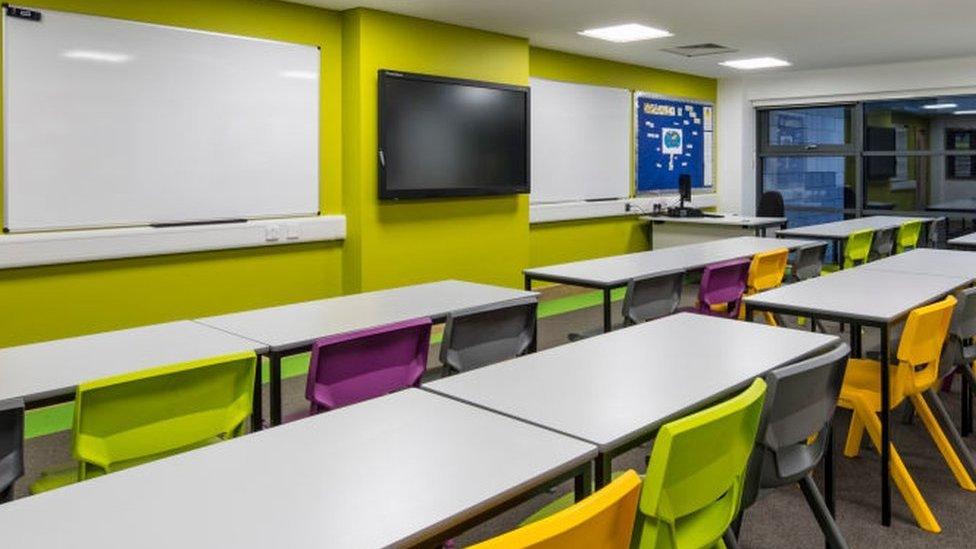
What is happening with schools in London?
At the moment, most schools are still open for the final week of term.
However, the Mayor of London, Sadiq Khan, wants the government to consider asking secondary schools and colleges "which don't yet have testing facilities, to close early and to reopen a bit later in January to allow time for weekly testing to be put in place".
Meanwhile, schools in Greenwich have reversed the decision to close early after the government warned them that they must stay open or face legal action.
Schools in Islington and Waltham Forest have been asked by local authority leaders to move all learning online for most pupils from Tuesday.
A spokesman for the Department for Education has previously said it is important for children to stay in school until the end of term.
- Published5 January 2021

- Published14 December 2020
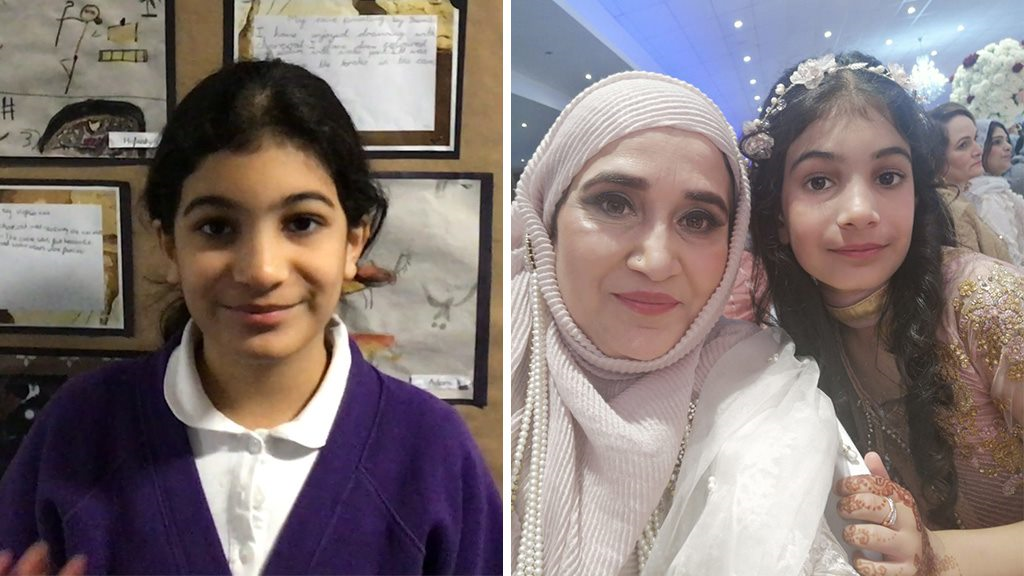
- Published6 April 2022
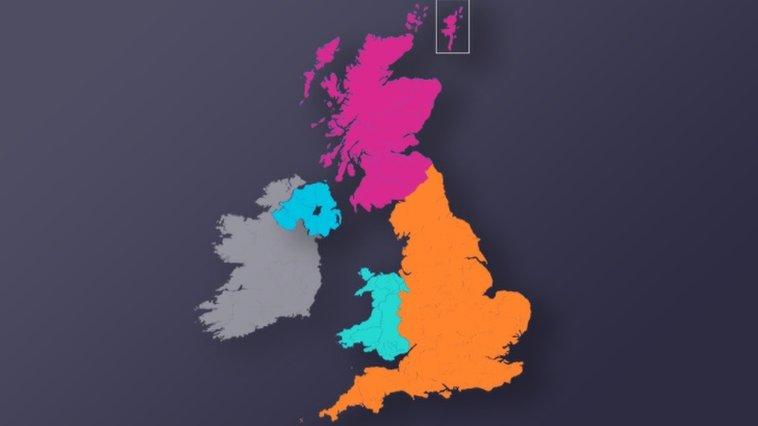
- Published14 December 2020
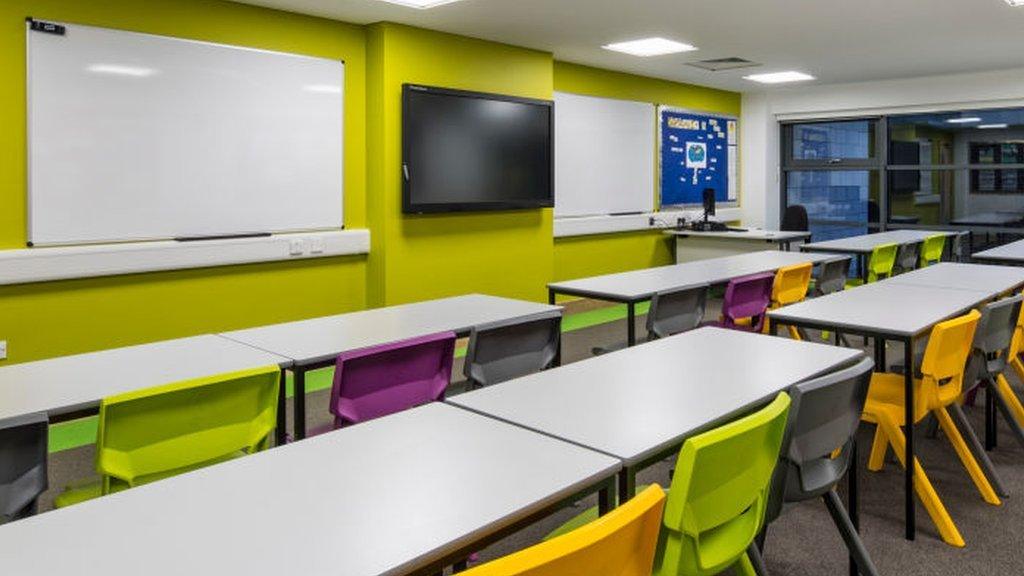
- Published7 June 2021
